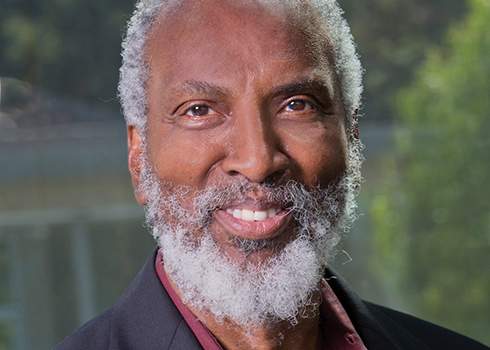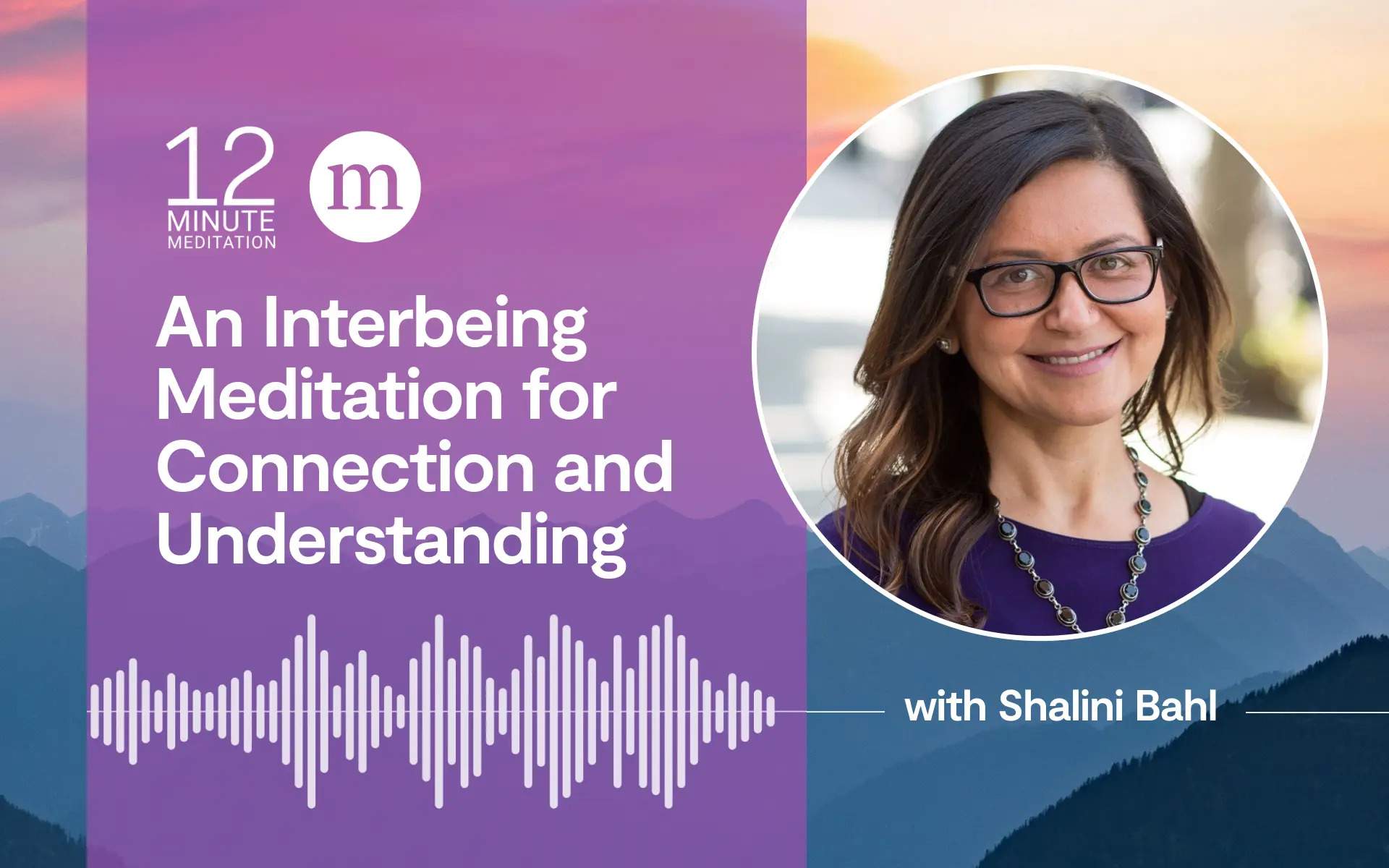At 6’3″, john a. powell (who spells his name without capitals) is a strong presence. He tells a story of waiting for an elevator in a Boston office building recently. A white woman in her 30s entered first, and he followed, but before the doors closed, she hastily exited.
“I had a rush of emotions,” he says. “And, obviously, I don’t know what was happening. Maybe she forgot something.” He pauses, then adds, “but I don’t think so.”
As a young man he would have been angry—at the situation and the woman. “But now, I was sad,” he says. “And, at the same time, I knew it was complicated—I could feel what she must be going through, to be afraid of a tall black man.”
Powerful fears can segregate us, separate us, powell believes. Mindfulness can help people overcome these fears and the anger and racism they generate. In fact, he sees being mindful as a way to connect people—even when some of us would prefer to stay distinctly apart.
Contemplative practices have allowed powell that perspective, and they inform his profession. He’s a lawyer and former national legal director at the American Civil Liberties Union, teaches law at University of California, Berkeley, and is director of the Haas Institute for a Fair and Inclusive Society, where his work is mostly in social justice.
Born and raised in Detroit in a Christian family—his father is a retired minister—he saw social problems in the city around him. He says it was easy getting angry about those things.
“I don’t think anger is necessarily bad,” he says. “In fact, I like Dr. King’s notion of righteous indignation. In some ways it feels good, the power associated with anger. But when we have contemplative practices, self-reflection, when we’re quiet, it’s harder to sustain. Instead we become sad because our connectivity, our shared-ness, is being violated.”
In a recent talk to students, powell suggested creating a universal circle of human concern, with everyone in it—even people who are racist. “What’s important with this work, and it’s not easy to do, is to really connect with a person who is primed to be your enemy,” he says. “You can see an expression of life in them, and see yourself in them.”
One of the biggest problems we face is that society is structured to keep people apart. It makes us afraid of anyone and anything that seems different. “Think about how we organize our physical spaces. We segregate. And when we see someone who doesn’t belong in our space, we have heightened fear. We don’t even like the idea of public anymore. Public is too messy—too many people who are not our brothers and sisters. We want private.”
powell observes that porches on houses used to be primarily in the front, in the public, shared space, but now the back deck is preferred, a private enclave where permission is required to enter.
Where mindfulness can play a role is in helping us engage with who we really are, diminishing those anxieties about others. It can affect the way we identify ourselves, too.
powell encourages us to embrace “the fluidity of self. Believing in a permanent sense of self can make things quite scary. Can you embrace a softer, fluid, social self? Rather than prescribe it, I would say let’s relax and observe. If we really get quiet, we’re able to see different expressions of ourselves come forward.”
And while “life, liberty and the pursuit of happiness” is inscribed in the Declaration of Independence, powell worries that our concept of happiness is too often defined in opposition to the idea of pain or discomfort.
“I think, in some ways, the challenge is to be present with suffering, both our own and others. I think we often turn away from suffering, but when we do we’re not getting the lessons that it teaches us. As a result, we can even lose the capacity to be open and compassionate.
“Mindfulness allows us to hold the suffering and the joy at the same time. But it doesn’t hold us.”
This article also appeared in the June 2014 issue of Mindful magazine.








